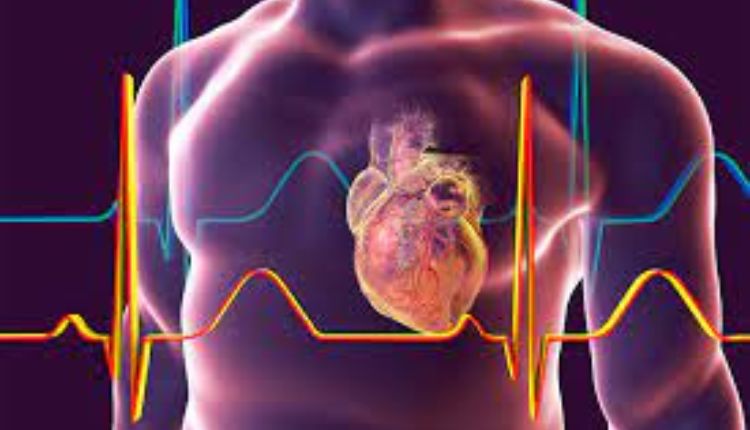Imagine strolling down the bustling streets of Manhattan. You make a stop at the echocardiogram Upper East Side. Suddenly, you’re thrown into a whirlwind of unfamiliar terms, procedures, and, worst of all, misconceptions. It’s easy to get lost in the chaos, and it’s even easier to fall victim to the spread of incorrect information. This is especially true when it comes to understanding cardiologists – those dedicated doctors who keep our hearts pumping. In the next few lines, we’ll debunk some of those common misconceptions. We’ll reveal what these heart specialists really do and bring clarity to the world of cardiology.
Misconception One: Cardiologists Only Treat the Elderly
Let’s take a step back in time. Picture a young soldier returning from the battlefield. He’s not even 30 but he’s plagued by heart problems. Does he need a cardiologist? Absolutely. Heart disease isn’t picky about age. It can strike anyone, at any time. Cardiologists treat patients of all ages, from the newborn with a heart defect to the aging veteran battling heart disease. They’re not just for the elderly – they’re for everyone.
Misconception Two: Cardiologists Deal Only with Severe Heart Conditions
Imagine a world where every trip to the doctor ended in a dire diagnosis. Terrifying, right? Thankfully, that’s not the case. Cardiologists don’t just handle the heavy stuff like heart attacks or failure. They also manage conditions like high blood pressure or cholesterol, both of which can lead to more severe problems if left unchecked. And yes, they even do preventative care to keep your heart healthy for the long haul.
Misconception Three: Cardiologists Only Do Surgery
See, here’s the thing. Not every cardiologist is a surgeon. Some never step foot in an operating room. They conduct tests, prescribe medication, and recommend lifestyle changes. In other words, they do everything in their power to keep you from needing surgery. It’s the cardiac surgeons who handle the scalpel. But let’s be clear. Cardiac surgeons and cardiologists both play vital roles in heart health – they’re just different sides of the same coin.
Conclusion
So, you see, misconceptions can blur the lines of reality. They can make the straightforward appear complex and the simple seem intense. But by pulling back the curtain of confusion, we can get to the heart of the matter – pun intended. Cardiologists are not just for the elderly, they don’t only deal with severe conditions, and they certainly don’t just perform surgery. They’re dedicated professionals who keep our hearts healthy, and in doing so, keep us alive. Now, isn’t that a beat we can all march to?
